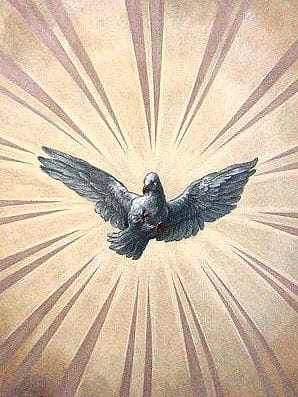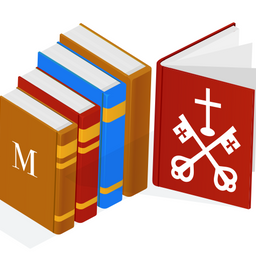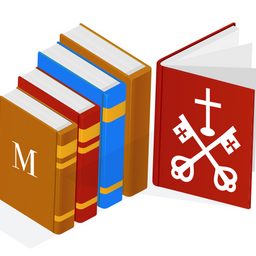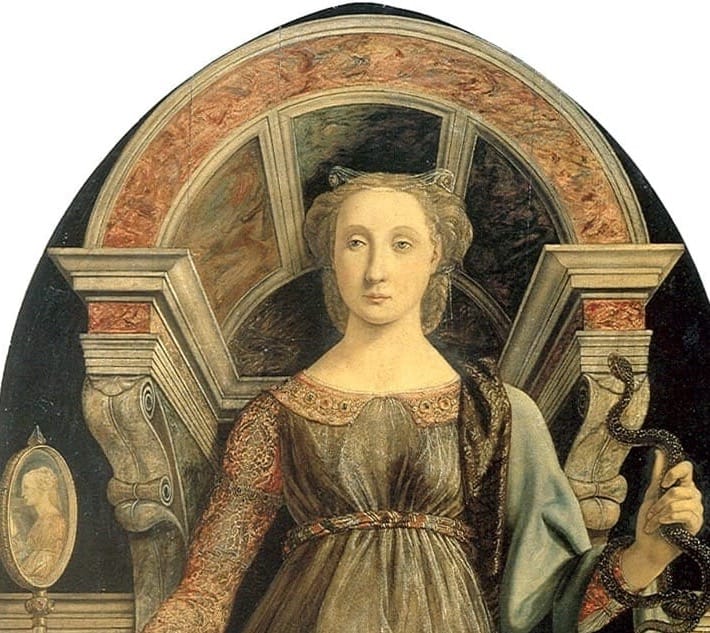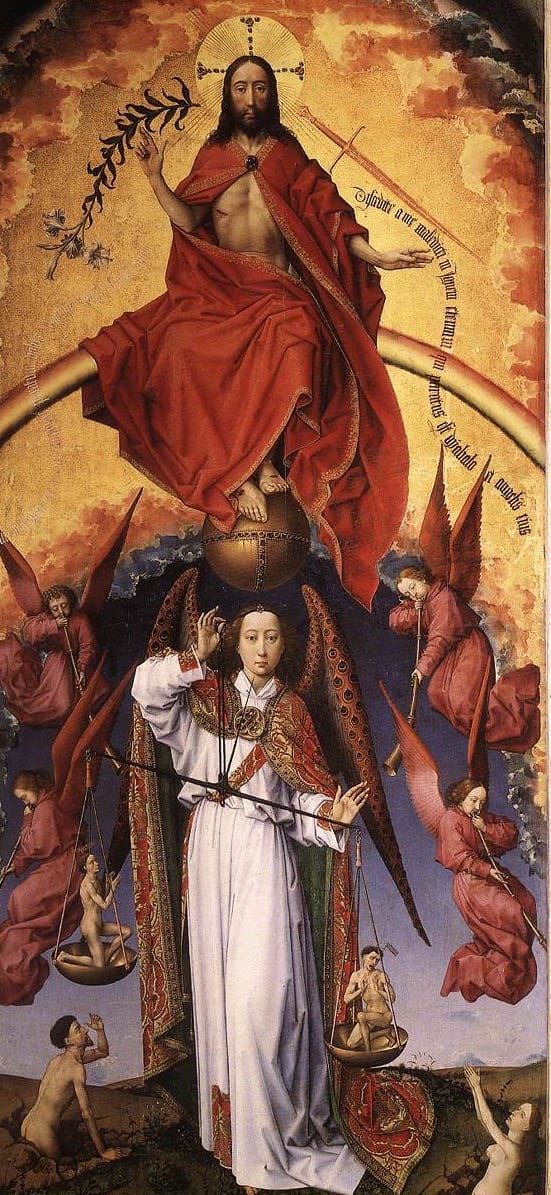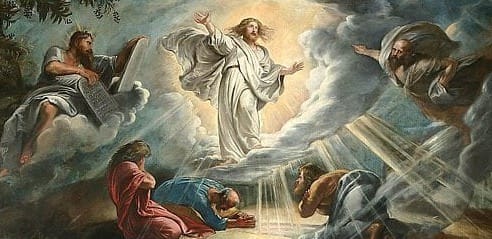One of the most celebrated passages in St. Paul’s epistles regards the regulation of the various charisms and manifestations of the Spirit that characterise the church of Corinth (1Cor 12). He insists that they exist to build up Christ’s body, the Church, and should be exercised to this end alone. The charisms he lists include faith, the utterance of wisdom, the utterance of knowledge, the gift of healing, the working of miracles, prophecy, the discernment of spirits, speaking in tongues, the interpretation of tongues.
Since then, many of these manifestations of the Spirit have become less common, if not rare. However, during the twentieth century they have become a central feature of some Christian communities, first in Protestant Pentecostalism, and since the 1960s, in the Catholic Charismatic Renewal Movement.
Thanks to the Charismatic Renewal, many Catholics have converted and grown in their practice of the faith. Pope Paul VI and his successors have recognised its authenticity, while also taking measures and issuing guidelines to safeguard the Catholic identity of charismatic communities.
In a previously published interview, Dr. Alan Schreck explained the Catholic Charismatic Renewal. In this second part of the interview, he recommends some further relevant books.
Dr. Alan Schreck has been a professor of theology at Franciscan University of Steubenville since 1978. He specializes in Church history and renewal, St. Francis of Assisi, Catholic doctrine and apologetics, pneumatology, ecclesiology, the teachings of the Second Vatican Council and of Pope St. John Paul II. He has authored numerous books, including several on the Holy Spirit and the Catholic charismatic renewal movement: Your Life in the Holy Spirit (Word Among Us Press); The Gift: Discovering the Holy Spirit in Catholic Tradition (Paraclete Press); A Mighty Current of Grace: The Story of the Catholic Charismatic Renewal.

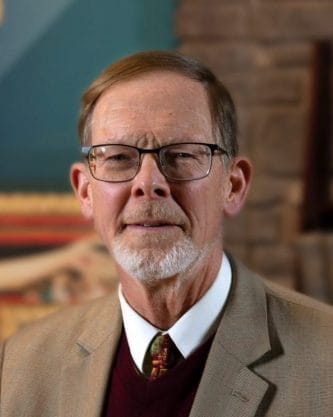
- Enthusiasm: A Chapter in the History of Religion
by Mons. Ronald Knox - An Invitation to the Spirit Filled Life: The Promise, the Power, Gifts, the Fruit
by Charles Whitehead - A Key to Charismatic Renewal in the Catholic Church
by Vincent Walsh - Riding the Wind: Learning the Ways of the Spirit and Still Riding the Wind: Learning the Ways of the Spirit
by Fr. George T. Montague S.M. - In the School of the Holy Spirit
by Fr. Jacques Philippe
Before we go on to some of the other books that you have picked but did not quite make your top five, could you tell us a bit about what brought you to the Catholic charismatic renewal?
I would be glad to. We are all called to be witnesses to the Lord's goodness and our faith. I was an undergraduate student at the University of Notre Dame. I was raised in a Catholic home and went to Catholic schools When I went to college, in my freshman year, I experienced a deep crisis of faith. It was an existential angst, probably something that everyone needs to experience at some point in their life. “Is the faith I have been raised in really true? Is God real? Is he there?”
I went to another spiritual group off campus. That was somewhat helpful. Eventually, I had a spiritual director who said, “I answer your questions every week, but there is something that you need and that I cannot give by intellectual answer.”
At that point, there was a fellow student, an upperclassmen, who was living in the dormitory. One day he just approached me and said, “Are you interested in coming to a gathering of prayer?”
“Is it Catholic?” I asked.
“Yes, it is.”
“Well, I'll give it a try. I'm searching. I'm lost in a sense. I don't know if God is real.”
So, I accompanied him off campus to what was actually the living room of a nuclear physicist who taught at Notre Dame. It was a charismatic prayer group. Fr. Edward O'Connor, who was a noted theologian at Notre Dame, was attending. There were a number of students like me. They began to worship and pray in tongues. I wondered what this was all about. They explained that it is in the Bible, so I said, “Well, I'm a Catholic. I believe the Bible. This is okay. There is a priest here.”
So, in 1970, toward the end of April of my freshman year, I was baptised in the Spirit. It was a life-changing experience, as it is for so many people. I knew that God was real. I had a personal encounter with Jesus Christ through the power of the Spirit. I could not deny that God was with me.
The rest was history. I got involved in the charismatic group on campus. I ended up working a part-time job in which I helped plan the international conferences held during the summers at Notre Dame.
I eventually went to Graduate School in theology in Canada, where I was part of a prayer group, in the middle of downtown Toronto. My spiritual director was Fr George Montague, a leader in the charismatic renewal and a leading biblical scholar of St. Paul. He became my spiritual mentor and directed my master’s thesis.
Then I met Fr Michael Scanlan in 1974 and ended up being hired in the Theology Department. He was rebuilding the programme to make Franciscan College of Steubenville a solid place for good theology that was in line with the Church’s orthodox teaching and open to the Spirit.
Anyway, I can only give thanks to God and praise him. If I had not had that encounter with this student, I might never have entered into this newfound faith. It set the whole direction of my life. I am finishing up 45 years of teaching at Franciscan University. I was married in 1983 and have a wonderful family and five children, who are all practising Catholics. One of my daughters is in religious life. So I just feel that if it were not for a charismatic renewal, I do not know where I would be. I know that my family has been profoundly influenced by it. This was all grace and I attribute it to the beautiful, rich, liturgical life of the Church but also to the charismatic dimension that that I experienced.

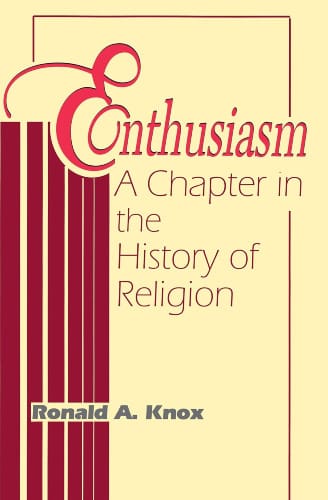
1.
Your PhD dissertation examined the Catholic charismatic renewal in the light of Mons. Ronald Knox's book Enthusiasm. Do you think that Ronald Knox was right about enthusiasm? How would he look on the Catholic charismatic renewal?
Fr Knox wrote this book over the course of many years to criticise and debunk the idea of enthusiastic religion: forms of Christianity that had gone to various excesses, as in emotionalism or the overstrictness of the Jansenists. It is a chronicle of the aberrations of Catholicism and ways that it could go off the track. The book was fascinating because Knox dealt not only with Catholic movements that were separated from the Church, but also looked at the history of some of the Evangelical religions.
He spends four chapters on John Wesley. He is fascinated by Wesley because he was an Anglican priest but did not abandon Anglicanism when he started the Methodist movement. Wesley just felt that there needed to be a spiritual empowerment, yet remained very sacramental. So, by the end of the book, Mons. Knox is more moderate in his evaluation of enthusiasm and comes to realise that, while it has many dangers, there is a greater danger if the Church does not have manifestations or powerful outpourings of grace.
There is one weakness of the book, as I see it. The movements he selects for study are mostly the ones that broke from the Catholic Church. He does not study the work of many of the saints, like Francis of Assisi or Phillip Neri, who, you might say, were enthusiasts too. They experienced powerful outpourings of grace and started notable movements of renewal. But he does not talk about them because they stayed in the Church. A lot of people would think, “Well, he is saying over-emotionalism or enthusiasm is all wrong.” Yes, because he selects all the movements that ended up breaking off from the Church. But he does not study the ones that built up the Church. Except, at the very end, he acknowledges, “Where would the Church be without people like Francis or Ignatius of Loyola?” He provides a systematic study of how enthusiastic movements can be dangerous and divisive.
In the second part of my dissertation, I apply some of his principles to the Catholic charismatic renewal in its early history. I wrote this in 1979. My conclusion was, “Well, actually, Fr Knox's principles of what could be dangerous in enthusiastic movements were very good ones. But when we apply it to a movement like Catholic Charismatic Renewal, it does not work. At least up to that point, the Catholic Charismatic Renewal had avoided the excesses about which Fr Knox was so concerned. If he had applied his principles to Franciscanism, Ignatius, or any spiritual renewal movement that stayed within the Church, we would find out that his principles are good.
So, it was a fascinating study of someone who is really trying to be critical of enthusiastic movements and I found valuable principles. But I also found that the Catholic charismatic renewal had avoided these up to that point, and I think that is true up to the present day.
There have always been excesses in movements. As Pope Benedict once said, these movements always have childhood illnesses or adolescence. There are always going to be some excesses, but wherever there is life, there are going to be dangers. So, we need to learn from the mistakes of the past to guide us in the future.
There are always growing pains in these movements.
Yes, growing pains.
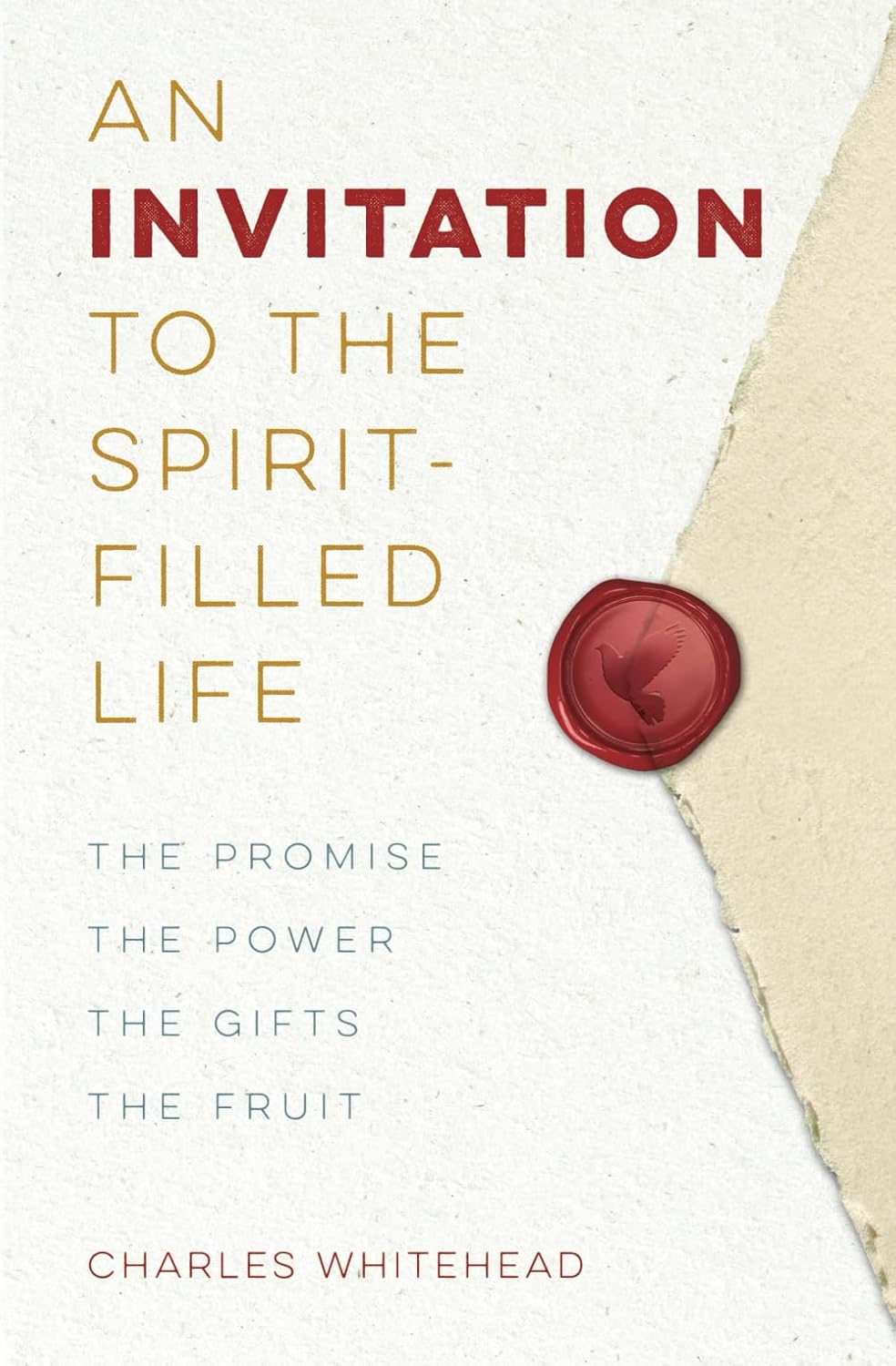
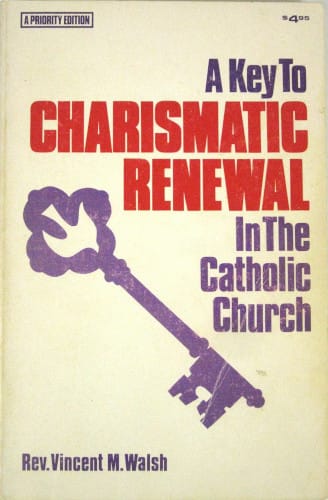


2-4
You have identified a couple of introductory books that might be useful for people looking for an overview of the Catholic charismatic renewal before dipping their toe in the waters. You have picked Charles Whitehead's Invitation to the Spiritual Live and Fr Vincent Walsh’s Key to the Charismatic Renewal in the Catholic Church. Why have you selected these two books?
Well, Fr Walsh’s book was written rather early on in the renewal. Many people have told me that that it was a good book to explain the key points of Catholic charismatic renewal. That is why I chose it.
Earlier you mentioned Fr. George T. Montague, a scholar of St Paul and your spiritual director when you were studying in Canada. He wrote two books that you recommend: Riding The Wind and its sequel, Still Riding the Wind.
Yes. The first one, Riding The Wind, was written in 1974. It is a book of testimony, like Fr Michael Scanlan’s.
Fr Montague is a biblical scholar. He was also president of the Catholic Biblical Association and, around the time these books were coming out, editor of the Catholic Biblical Quarterly. He has another book, The Holy Spirit: Growth of a Biblical Tradition, where he traces all the evidence of the Holy Spirit throughout the Old and New Testament. In Riding the Wind, he integrates this with his own conversion experience and encounter with God through the Catholic charismatic renewal. Then he explains some of the main points, such as the gifts of tongues and prophecy, biblically and theologically. This book is a combination of testimony and good, sound theology.
Its sequel, Still Riding the Wind, written just a few years ago talks about many of the other things he has learned over the years as a scholar and a leader.
He is in his mid-nineties now, but still a leader. He is a Marianist priest but also founded a charismatic community in San Antonio, called The Brothers of the Beloved Disciple.
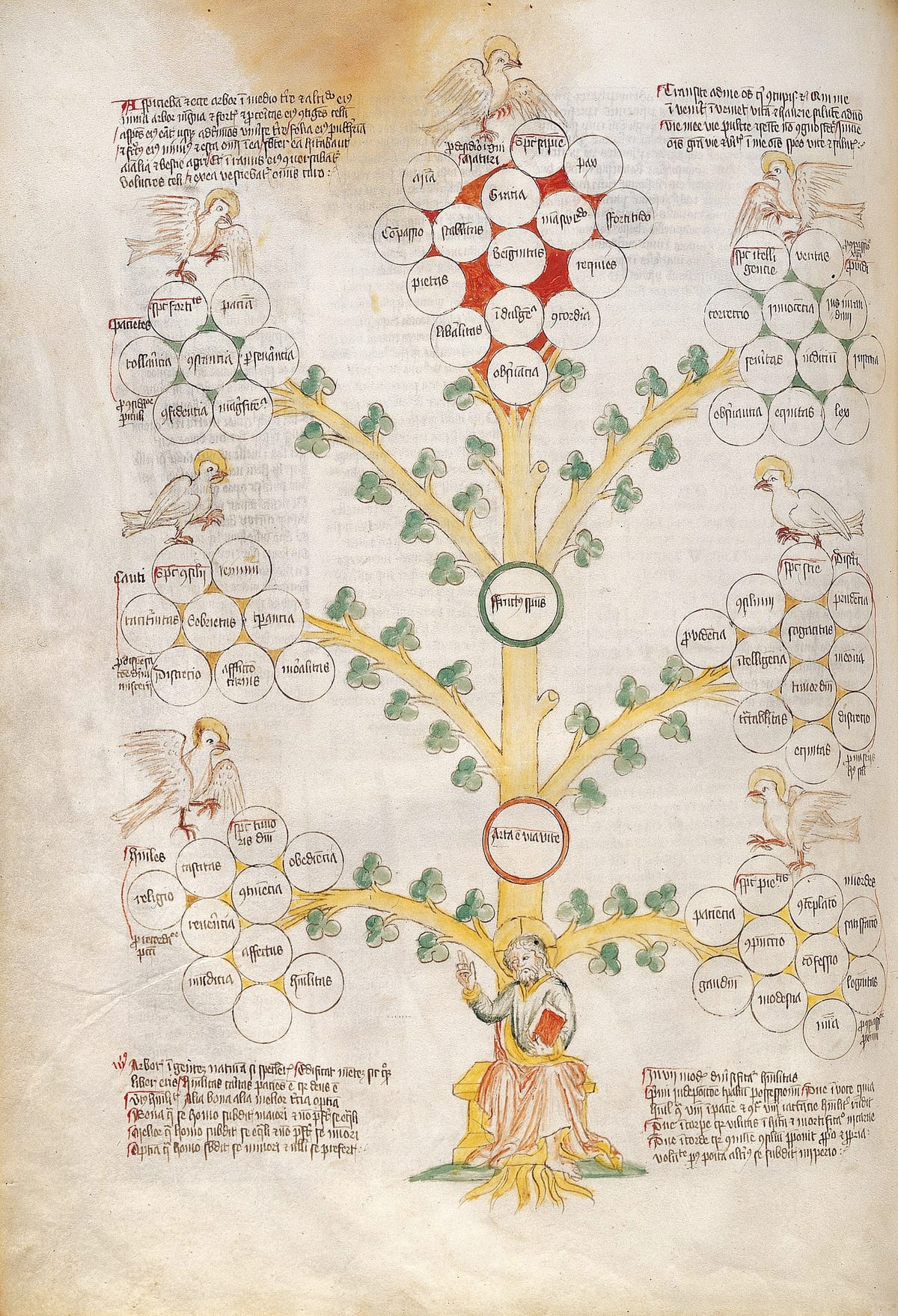
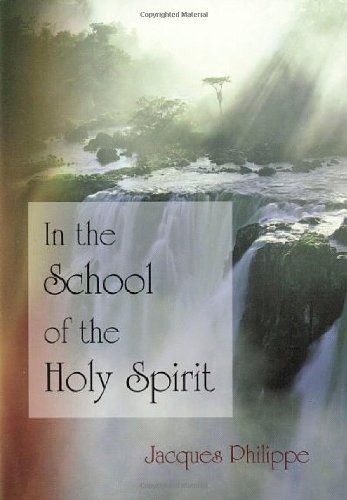
5.
Finally, as a complement to Card. Raniero Cantalamessa’s Come, Creator Spirit!, you have chosen Fr. Jacques Philippe’s In the School of the Holy Spirit. Why is this a good guide to the spirituality of the Catholic charismatic renewal?
I would recommend practically anything written by Fr. Jacques Philippe. He is a French priest, involved in the Emmanuel Community. His writings are not just for people in the charismatic renewal movement. They contain profound spiritual wisdom about God and the spiritual life. Of his many books, In the School of the Holy Spirit gets at the heart of what it means to have a spirituality rooted in the Holy Spirit. As a Catholic, as a Christian, what does it mean to have a spirituality that is aware of the Holy Spirit, sensitive to him, and open to him guiding us? He is not just for a movement. He is the third person of the Blessed Trinity; the guide of all in the Church toward holiness. He is the sanctifier.

